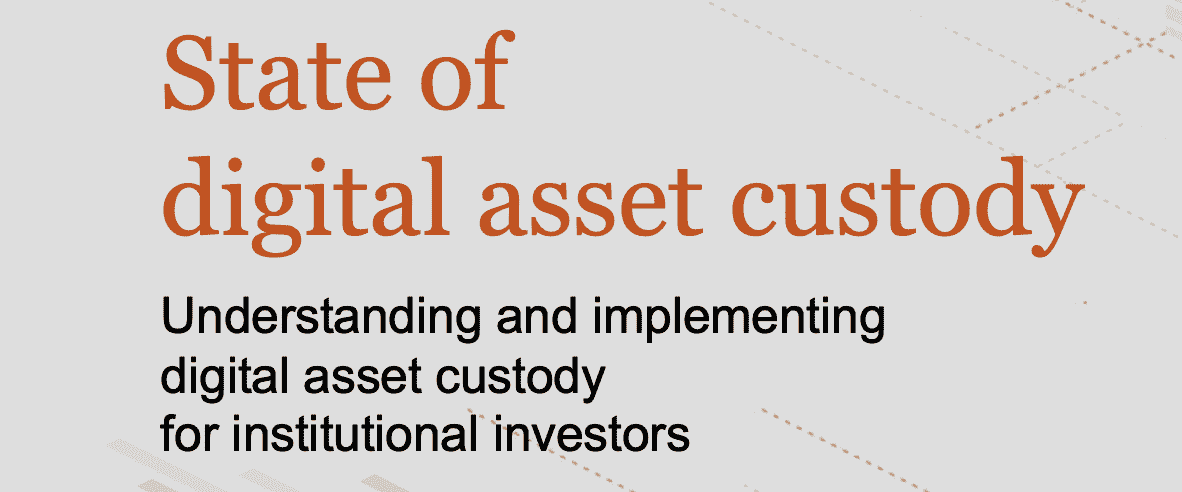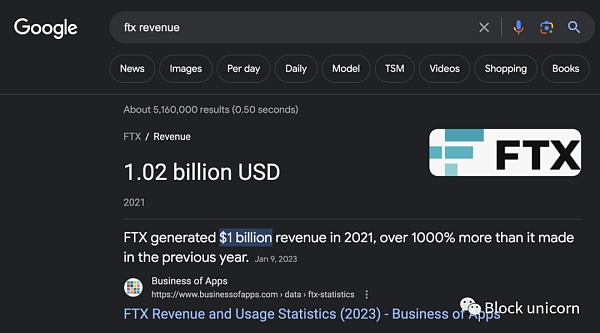DeFi is about to welcome zk-SNARK privacy technology without trust: what is Supersonic's solution?
In an interview with Cointelegraph at the Stanford Blockchain Conference on February 19th, Ben Fisch, a PhD student in cryptography at Stanford University, described Supersonic as a zero-knowledge proof system (also known as zk-SNARK) without trust.

Source: Pixabay
Fisch helped create a trustless zero-knowledge proof system designed for decentralized finance.
- Bitcoin fell below $ 8,600 overnight, and the entire network exceeded $ 879 million
- "True Incense Law" is inevitable, Compound, the DeFi agreement, announced the issuance of governance token COMP to achieve a decentralized governance process
- Ethereum community members launch petition against ProgPoW, questioning its validity
No need to trust and trust zk-SNARK
Although a zero-knowledge proof system is needed to protect privacy between blockchain networks, almost all systems require trusted settings. Fisch says:
"This means that users of privacy tools must trust a third party to properly configure the system."
For example, privacy-focused digital currency Zcash (ZEC) uses zk-SNARK to allow users to exchange information without revealing their identity. This means that Zcash's blockchain only shows what transactions have occurred, not who and how much money has been exchanged with whom.
Although this can ensure the privacy and transparency of the Zcash blockchain network, Fisch noted that Zcash relies on a trusted setting called Groth-16, zk-SNARK. He explained that trust settings like these could undermine public trust in a system:
"In particular, the zero-knowledge proof system involves some randomly generated numbers. A trusted setting means that a third party must be trusted to properly generate and keep these numbers secret (i.e. discard these secrets and destroy any traces so that no one will find them in the future ). If these secrets are leaked, the security of the zero-knowledge proof system will be compromised. "
Fisch also noted that trust can be propagated in a collaborative committee in a trusted setting system. This means that as long as one party discards their secrets, the system can be considered secure.
Although it has been done multiple times through collaborative "ceremonies," Fisch said it would be impractical to redo this for every new application that requires zk-SNARK. "This is understandable because there was no practical universal setting or no trust setting for zk-SNARK before last year."
Benedikt Bünz, a PhD student at Stanford University, and Fisch co-authored a dissertation on cryptography and cryptocurrencies. He said that unlike a trusted setup system, Supersonic doesn't need the trust of a third party at all.
Bünz explained:
"In a trusted setting, one or more people doing this can prove that invalid transactions are valid. In cryptocurrencies, this can be used to make money out of thin air. Proofs without previously trusted settings are either hundreds of KB or Not scalable. "
Trustless zk-SNARK for DeFi
According to Fisch, trustless zk-SNARKs like Supersonic have been a major breakthrough in cryptography over the past year, especially as decentralized financial applications are becoming more popular. Fisch explained that while blockchain is expected to make the financial system more open and transparent to prevent Ponzi schemes and fraud, privacy is often completely destroyed.
Fisch noted that the main goal of Findora, the company behind Supersonic, is financial use cases, bringing decentralization and transparency to companies that require confidentiality, such as banks. He says:
"Many businesses can benefit from blockchain without immediate decentralization, but the benefit of owning a trusted, decentralized financial network is the ability to connect services and individuals using the same infrastructure."
For example, Fisch pointed out that the peer-to-peer lending system based on China and the United States can run on Findora's blockchain. He explained that commerce can run between two systems through a consensus protocol that makes it easy for people to use both networks, and Supersonic can ensure trust.
However, it must be noted that a trusted setting system is not as effective as an untrusted setting system. Fisch commented that Supersonic's performance was 10 times worse than the trusted setting system in terms of proof size and computation time.
This is because one of the key components of Supersonic is an encryption tool called an "unknown order group". Fisch added that a new GUO was recently announced, adding: "If we use this new GUO tool instead of the one currently in use, this will reduce the performance gap in terms of size and time."
Regardless of current performance, Bünz mentions that Supersonic has caused a sensation in upcoming DeFi projects such as ETH 2.0, noting that the basic tools used in Supersonic are the same as the verifiable delay features:
"VDF is a cryptographic tool that can be used to create perfect randomness, which is required for a Proof-of-Stake (PoS) network. VDF will be used in ETH 2.0. Good hardware and software support for VDF has been invested heavily . "
Recently, Ethereum co-founder Vitalik Buterin has paid more attention to privacy solutions. When asked about Supersonic, Buterin told Cointelegraph, "Supersonic is a good solution to the problem it is trying to solve."
We will continue to update Blocking; if you have any questions or suggestions, please contact us!
Was this article helpful?
93 out of 132 found this helpful
Related articles
- Detailed explanation of the new blue ocean of crypto asset derivatives: options trading
- Central bank digital currency industry chain carding: more than 20 companies participated, most of them have been listed
- Hackers demand bitcoin ransom in Johannesburg. When is Bitcoin Ransom?
- Introduction to Blockchain | Centralized exchanges continue to thunder, what are the advantages of DEX?
- SEC rejects Wilshire Phoenixd's Bitcoin ETF application
- Economics of halving: what will happen to the price of Bitcoin?
- Three drafters talk about the first financial blockchain specification: the central bank recognizes the blockchain, and the industry no longer grows savagely






